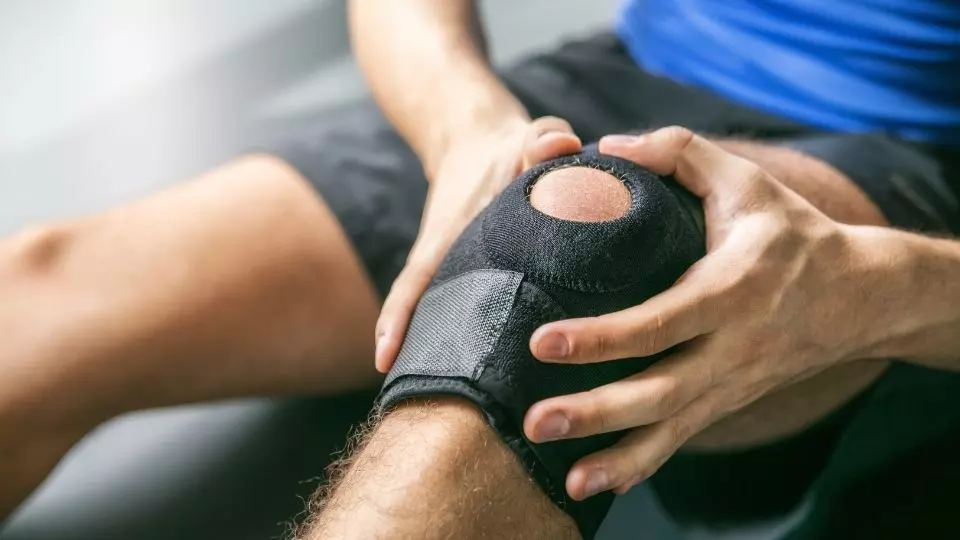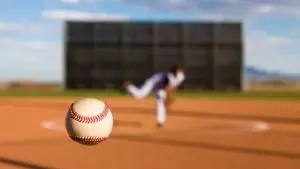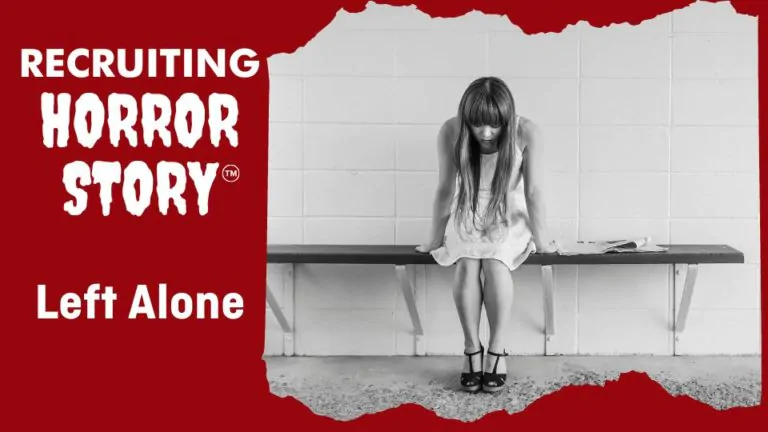As an athlete, you will inevitably endure some injuries. College coaches are aware that this can happen to high school athletes while they are being recruited. Most athletes will be afraid to tell the college coaches in fear of thinking that a coach will view this as a weakness, but the coaches want fair and honest communication from recruits. It is important that you communicate your injuries and recovery with the coaches. 2aDays spoke with two Colgate hockey players, one Yale University hockey player, one Yale football player, one University of Michigan rower, and a Nicholls State University softball player. All had injuries while they were being recruited. Here are their stories:
Lauren Wildfang: Colgate University, Ice Hockey
Can you explain how your injury affected the recruiting process?
I got a bad concussion during my senior year of high school. I still needed to take my ACT. Because of my concussion, I was unable to do as well as I wanted to. The coaches and school were very understanding. It sucked being labeled as injured when going to college and playing a sport. You never know what your comeback is going to be, so that is pressure.
Related: Handling Concussions Head On: What to Do and When
What advice would you give to high school athletes in similar situations as you were?
My advice would be to continue to have excellent communication with the coaches and trainers for minimal wait time for returning. Also to keep working hard and believing in the dream, don't be scared to let new doors open!
Shae Labbe: Colgate University, Ice Hockey
Can you explain your situation during the recruiting process and how the injury affected the process?
In my junior year of high school, I sprained my MCL while being recruited to Colgate University. I remember, at first, I was terrified to tell the coaches about my injury because I was afraid that they would cut their losses and stop recruiting me. I hid my injury from these coaches for a few months until it got to the point where I could not play anymore and had to rest. Once I told them, I quickly found out that I was wrong, and instead of them forgetting about me, they wanted to make sure I was healing and that I was taking care of my knee.
Related: VKTRY Insole: Protecting against injury and Improving Performance
What did you take away from this experience?
Having communication with the coaches and finding out they did care about how I was doing allowed our relationship to grow and positively affected my recruiting process with Colgate.
Kyra O'Brien: Yale University, Ice Hockey
What was your college recruiting experience like being injured for some of its duration?
I tried to be as forward as possible without making the injury too big of a deal. Even though I missed about a month of games, the coaches were understanding and supportive of my recovery plan. It was nice to know they still had my back even when I wasn't able to be on the ice. As much as the situation sucked, it made me feel confident with my decision knowing the coaches were in my corner.
Do you have any advice for recruits who may be in the same position?
It's important that you're honest with coaches because injuries happen. You want to establish open communication and trust early on in the relationship.
Robert Clemons: Yale University, Football
What was your college recruiting experience like being injured for some of its duration?
I was a little nervous, but overall, I knew I could ball. I was confident in the hard work I put in, so I wasn't going to let any coach or school pull me down. I gave it my all and knew I would end up in the right place.
Do you have any advice for recruits who may be in the same position?
My advice would be to be confident in the hard work you put in before your injury and then work hard post-injury. Because overall, it's just a game. It's for fun, and it's a passion. The most you can do is work hard and enjoy it, despite the ups and downs of anything like injuries or recruiting.
Related: What Athletes Should Know About Post-Injury Depression
Arielle Sanders: University of Michigan, Rowing
Arielle recently graduated from the University of Michigan. Arielle had a bulging disk while she was being recruited.
How did you stay motivated throughout the recovery process?
Knowing that if I worked hard enough to stay fit and get my body healthy, I would be able to come back as strong as I was before. Also, the work that I knew the team was putting in motivated me to keep going. I also love competing, and it was motivating to know that I could have that again.
Is there anything you wish you did differently?
For my junior year, I wish I had stopped when things started going badly. Same with my senior year. It is not worth it to push through the pain if you are not going to be able to do what you want.
Related: Arielle Sanders: Having an Injury as a College Athlete
Megan Landry: Nicholls State University in Louisiana, Softball
Megan's journey to her current status as a collegiate athlete was a unique one. After tearing her ACL in the summer following her junior year, Megan missed six months of softball. This experience delayed her ability to get recruited, but furthered her passion for the sport and her decision to play at the collegiate level. In the months following her injury, Megan committed to rehabbing her knee and guaranteeing a healthy recovery, in hopes of returning to the playing field before the recruiting season was over. Megan's grit and determination paid off as she recovered just in time to be picked up by Nicholls State University:
“The long months between my injury and my recovery made me realize that I loved softball and wanted to play it for as long as possible,” Landry said. “I was recruited late, so the coaches put a lot of faith in me when they decided to recruit me. I am forever grateful for the opportunity they have given me.”
Related: Rate your Coaches, Facilities and Campus Visits
Every athlete gets injured, and communicating injuries to coaches who are recruiting you is an important part of the recruiting process. Many coaches will be understanding, like the ones here, but others will not. If a coach stops recruiting you because of an injury, they are likely not a coach you want to compete under for the next four years. So, keep open communication and take care of your injuries so you canc recover in time to play in college!
Have an idea for a story or a question you need answered? Want to set up an interview with us? Email us at [email protected]
* Originally published on February 10, 2022, by 2aDays Staff







